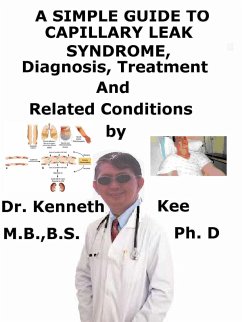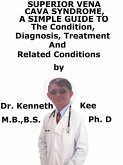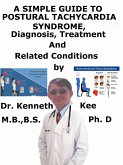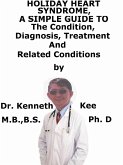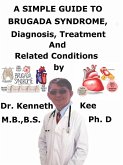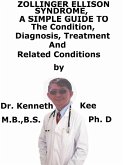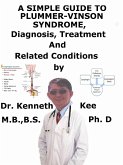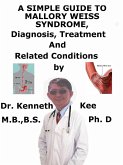Capillary leak syndrome is a rare but important medical disorder since it can cause the blood pressure to drop rapidly and therefore life threatening.
Just like a leaking gut which can cause problem in the intestines. Capillary leak syndrome produces:
A rapid drop in blood pressure,
Swelling in the arms and legs, and
Thickened blood
This requires instant treatment to prevent a drop in blood pressure and other serious complications.
This disorder may start on its own (Systemic or Primary), or it may be activated by another illness or medicine (Secondary Capillary Leak Syndrome).
Capillary leak syndrome (CLS) is a rare disorder where the plasma in the blood leaks from the capillaries (small blood vessels) into surrounding tissues in the body
The plasma leaks into muscles, tissues, organs and body cavities (spaces that hold organs) and produces swelling of legs and arms (peripheral edema).
If capillary leak syndrome is not treated instantly, the blood pressure may drop rapidly, resulting in organ failure and even death.
While there is no cure for capillary leak syndrome, it is vital to obtain prompt medical treatment to treat symptoms.
The patient may be able to avoid future incidents of systemic capillary leak syndrome with regular use of medicines or infusions.
Primary or systemic capillary leak syndrome or Clarkson's disease happens when there are repeat incidents or attacks normally in otherwise healthy people.
More than 50% of people with primary capillary leak syndrome have monoclonal "M" protein that can be found in their blood
Another theory is that the cells lining the capillaries may become injured by some factor in the blood during an attack, resulting in more incidents in the future.
Secondary capillary leak syndrome happens when there is a single attack activated by another disease, disorder or medicine.
Another health disorder normally activates it such as a virus, autoimmune disorder.
It may also be activated by some types of medicine.
Each attack normally involves three phases:
Prodromal phase:
This phase happens 1 to 2 days before the attack.
This phase involves the sensations or symptoms the patient feel before an attack happens.
The patient may begin having symptoms such as upper respiratory symptoms, dizziness, fatigue, thirst and sudden weight gain.
Capillary leak (resuscitation) phase:
This is the attack phase and may persist up to 3 days with leakage of fluids and albumin (protein in blood plasma) from the capillaries and into tissue spaces, organs, muscles, or other areas.
When this happens, blood pressure drops, the blood volume declines, and the blood is thickened.
The flow of blood that brings oxygen to the tissues slows down.
The blood pressure drops and the red blood cells build up, thickening the blood.
This leakage leads to hypovolemia when the volume of blood in the body diminishes.
Recovery (recruitment) phase:
This recovery phase happens after the attack when the capillaries begin to absorb the fluid back.
The capillaries reabsorb the fluids and albumin from the tissues, inducing a fluid overload.
The person may then pass too much urine (polyuria) and develop fluid in the lungs (pulmonary edema).
Glucocorticoids and Fluid therapy are urgent medical treatment to restore blood pressure
The administration of immunoglobulins with minimal extra intravenous fluids is safe and prevent recurrence..
TABLE OF CONTENT
Introduction
Chapter 1 Capillary Leak Syndrome
Chapter 2 Causes
Chapter 3 Symptoms
Chapter 4 Diagnosis
Chapter 5 Treatment
Chapter 6 Prognosis
Chapter 7 Edema ...
Dieser Download kann aus rechtlichen Gründen nur mit Rechnungsadresse in A, B, CY, CZ, D, DK, EW, E, FIN, F, GR, H, IRL, I, LT, L, LR, M, NL, PL, P, R, S, SLO, SK ausgeliefert werden.

